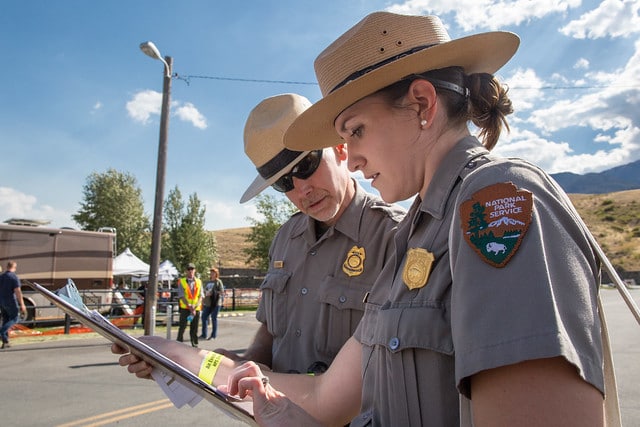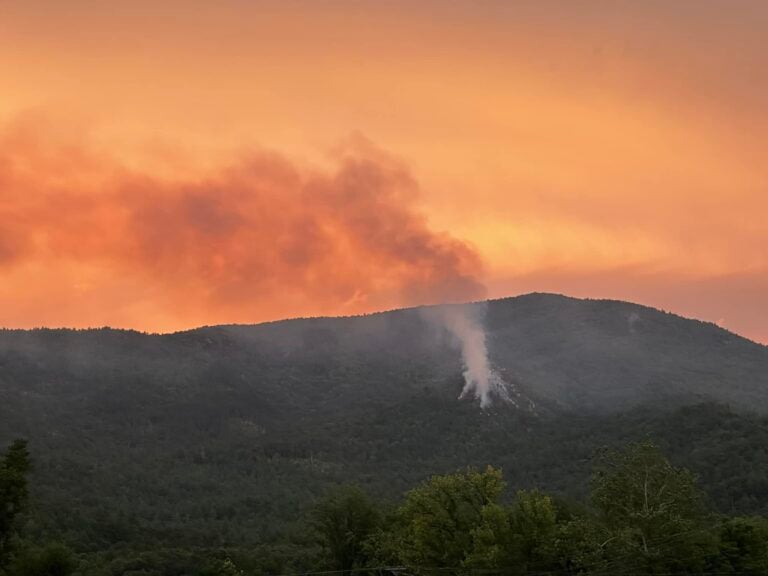Wednesday, July 17
Pilot whales beach themselves in Georgia
Yesterday, pilot whales repeatedly beached themselves on St. Simon’s Island off the coast of Georgia, the Georgia Department of Natural Resources (DNR) says. Employees with the DNR Wildlife Resources Division, DNR Coastal Resources Division, Georgia Sea Turtle Center, NOAA, Glynn County Emergency Management and others worked together to push the whales back out to sea, though some of the whales repeatedly returned to shore.
Although some of the whales were successfully returned to the sea and were later seen swimming in the sound where it is hoped they will continue moving to deeper waters, two of the whales died. A necropsy will be performed on the whales. For an unknown reason, pilot whales are the most common species of whale to beach themselves in mass numbers.
Under Trump’s guidance, Park Rangers are being sent to patrol the border
In a program that began in May 2018, national park rangers are being sent to the border to assist with border security. According to an investigative report by High Country News, 22 rangers were initially sent to federally managed public lands, including Arizona’s Organ Pipe Cactus National Monument and the Amistad National Recreation Area in Texas. The Department of the Interior has remained tight-lipped about the cost of sending rangers to the border, the work those rangers are responsible for and their plans for the program in the future.
The Hill recently reported that 47 Interior Department officers are currently deployed to the border—more than double the original number. This comes at a time when the National Park Service is already severely understaffed. Supporters of public lands have expressed concern about how moving these officers away from their original duties in the parks will affect the lands they have been hired to protect.
A rare bird found in England turns out to be a seagull covered in curry
Members of the public in Buckinghamshire, England found a rare, bright orange bird on the side of the road. The bird appeared injured and could not fly, so helpful bystanders dropped it off at the Tiggywinkles Wildlife Hospital where it was determined that the exotic bird was actually just a seagull covered in curry. The bird was so drenched in the curry that it was unable to fly.
The seagull was given a bath, a clean bill of health and a name—Vinny, after Vindaloo curry. Vinny will be released back into the wild shortly. Surprisingly, this isn’t the first time that a seagull has been admitted into an animal hospital after taking a dip in curry. Back in 2016, a similar incident occurred in Wales.








